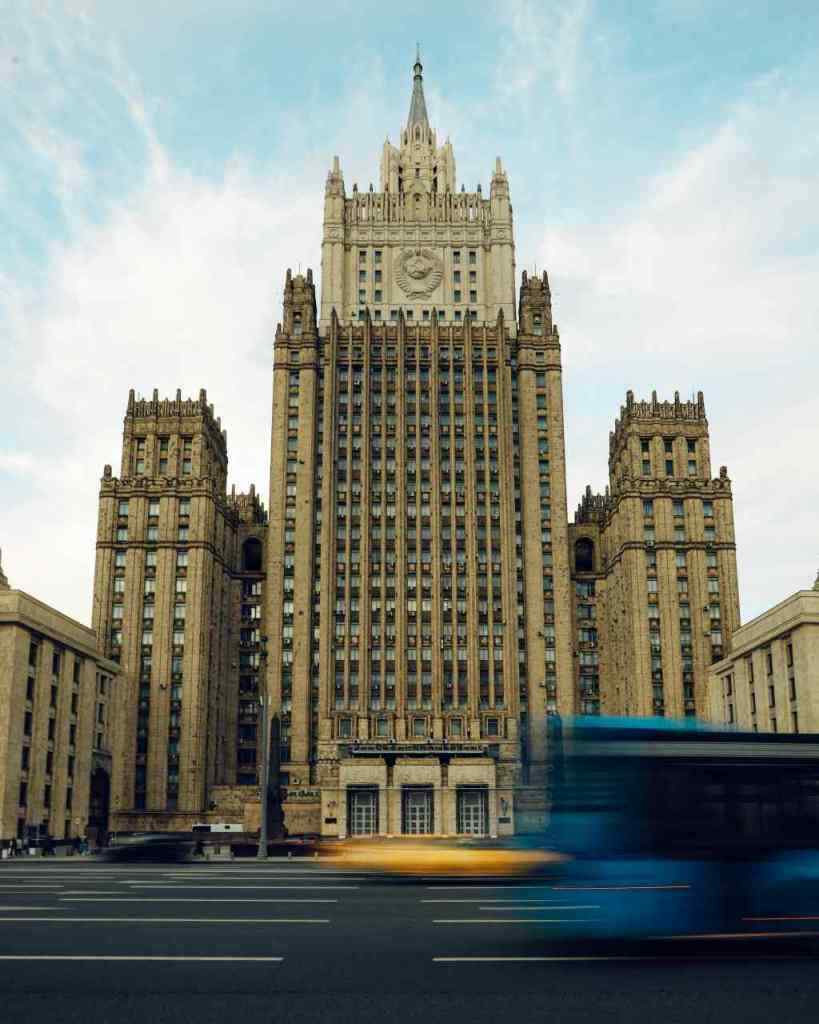2024 Russian Security and Diplomacy: A New Era
I. Security Apparatus Reshuffle
The Russian security apparatus has undergone a significant shake-up with the departure of Sergei Shoigu from his long-held position as Minister of Defense. Shoigu, a close ally of President Vladimir Putin, has been reassigned to the National Security Council, a body that advises the President on matters of national security and foreign policy.
A. Sergei Shoigu’s Departure
Shoigu’s removal from the Defense Ministry has been met with mixed reactions. Some analysts believe that it signals a shift in Putin’s priorities, while others suggest that it is simply a matter of rotation. Shoigu had been in charge of the Defense Ministry since 2012, and his departure marks the end of an era.
B. Andrei Belousov’s Appointment
Replacing Shoigu as Minister of Defense is Andrei Belousov, an economist with no prior experience in the security sector. Belousov has, however, served as Putin’s economic advisor and has overseen the allocation of military budgets. His appointment has raised eyebrows among some observers, who question his qualifications for the role.
C. Impact on Ukraine Operations
Analysts believe that Belousov’s appointment will have minimal impact on Russia’s ongoing military operations in Ukraine. Putin is said to prefer direct communication with Valery Gerasimov, the Chief of the General Staff, on military matters. Belousov’s main task will likely be to oversee the logistical and financial aspects of the war effort.
D. Belousov’s Stated Goal
In his first public statement as Defense Minister, Belousov declared that his goal is to achieve victory in Ukraine “with minimal human losses.” This statement has been interpreted as a sign that Russia is seeking to avoid a protracted and costly conflict.
2024 Russian Security and Diplomacy
III. Military Modernization
Russia continues investing heavily in military modernization, focusing on:
- Developing hypersonic missiles
- Upgrading nuclear arsenal
- Enhancing cyber capabilities
These efforts aim to maintain Russia’s military superiority and counter perceived threats.
IV. Foreign Policy Priorities
Russia’s foreign policy priorities include:
- Strengthening ties with China
- Expanding influence in the Arctic
- Countering Western sanctions
The Kremlin seeks to assert Russia’s global role and challenge Western dominance.
V. The Future of Russian Diplomacy
As Russia navigates global challenges, its diplomatic approach will likely evolve. Key considerations include:
- Balancing relations with China and the West
- Addressing international concerns over Ukraine
- Managing the impact of sanctions
Russia’s diplomatic strategy will shape its future role in world affairs.
Conclusion
Russia’s security and diplomatic landscape is in a state of flux. The appointment of Andrei Belousov as Defense Minister, the Putin-Xi meeting, and ongoing military modernization efforts highlight the Kremlin’s strategic adjustments. As Russia faces geopolitical challenges and international scrutiny, its diplomatic approach will play a pivotal role in shaping its future relations with the world.
